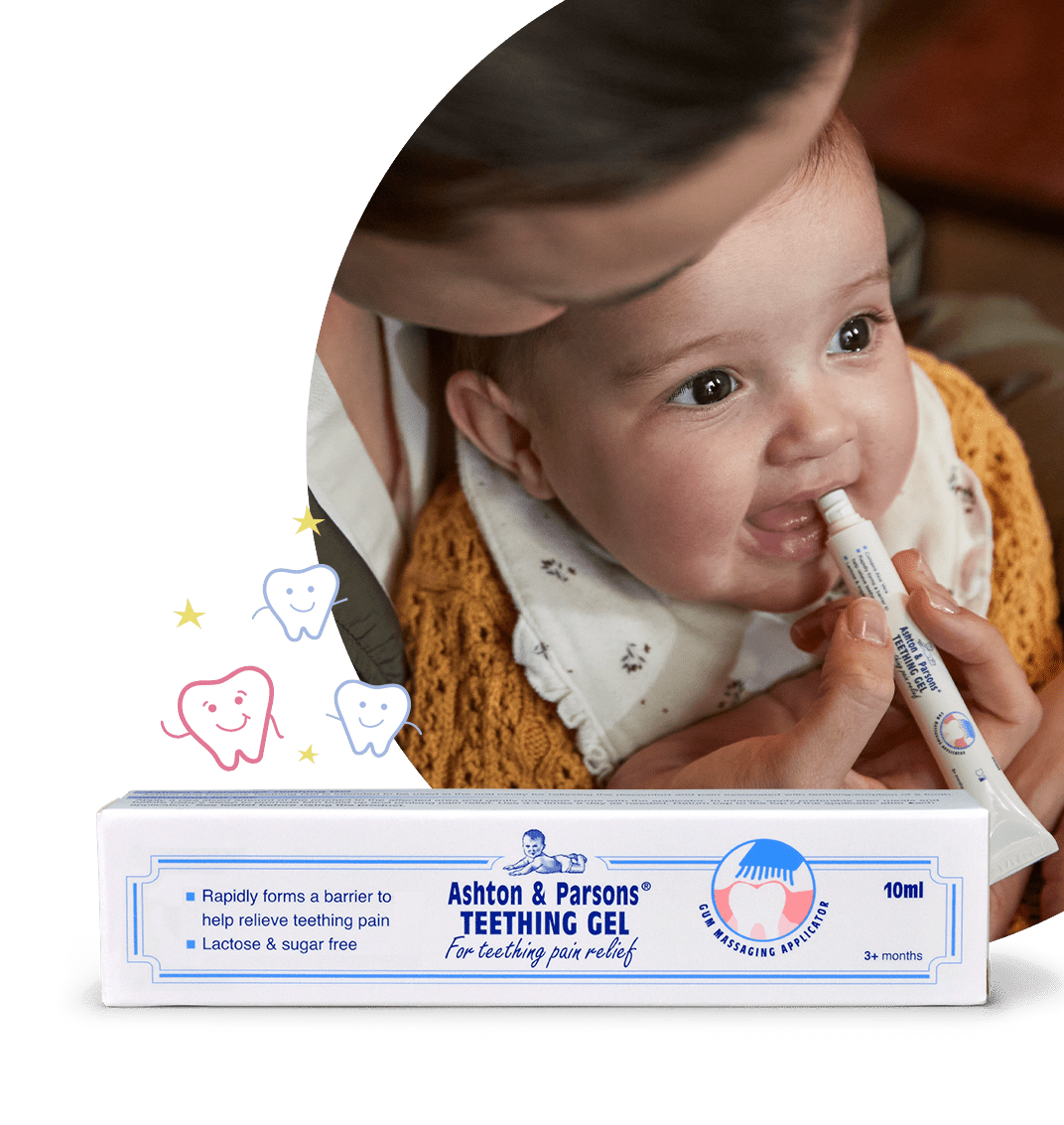As grandparents now make up a large percentage of child carers we ask Sharon, a grandmother from Cheshire to share her practical parenting tips and advice that she has passed on to her sons and daughters
Sharon is 55 and lives in France with her husband, Mark. She is the mother of four grown-up children and grandmother to Freya & step granddaughter Holly. She runs her own company delivering Data Centre, Network and Security training and consultancy and works globally. As well as this she blogs about parenting and family.
I’ve been a Nana for three years now (definitely NOT Granny, which reminds me of grey-haired old ladies in rocking chairs!) I have to say that initially it was a bit of a shock. I hadn’t envisaged myself being a grandparent quite yet! I’m very career-oriented now the children have grown up; however, I have to say that I have taken to the role, like a duck to water. The absolute adoration one feels for a grandchild, must be one of the purest emotions a human can ever feel. I helped deliver my granddaughter Freya and even cut her umbilical cord. I was the second person to hold her and the sheer joy of her entering this world will stay with me until the day I exit it!
Is it different being a Nana than a Mum? I suppose it has to be. I can’t, nor would I ever want to, encroach on that special Mother/Child relationship but, I feel as close to my granddaughter as any grandmother could be. I try to give advice to my daughter about diet, health and all those milestones one has to cope with such a potty training, etc. Sometimes she takes it, sometimes not! However, when she is worried or unsure, she does always come to me and asks for my help/opinion and I think we have a very good balance to our relationship.
My husband and I live in France so we don’t see our grandchild all the time. It tends to be concentrated periods of time. We are both very hands-on with her, because she and her mother spent a lot of her early life with us. We enjoy immensely being part of Freya’s life. She has just been to stay with us for ten days with her mum, our eldest son and his wife. It is hectic when everyone is here – trying to fit in early teas and bedtime and balance doing things with the adults, as well.
Our youngest son’s partner also has a little girl, who is four, and she is becoming very much a part of our lives. We recently had both grandchildren over to stay with their parents. Our house has a huge garden and seeing the two girls running around playing hide and seek together, was exactly what my husband and I envisaged when we bought the house ten years ago. We are ‘family people’. Our children and their children are an intrinsic part of our lives. I love the closeness that we have.
If I had to give some parenting or practical tips to my children, I think the most important thing would be to try to spend as much time with their children as possible. The early years with your child are the foundation for life.
- Never forget that you are human. If you need help or advice ask for it; whether it be from family, friends or professionals. Don’t let a problem get hold of you – there is always a solution.
- Get your partner involved from the start- my husband worked long hours but always did his bit.
- Try to get some adult time at least once every couple of weeks to save your sanity.
- Cooking decent food in time to get a toddler to bed can be difficult, so always cook an extra portion the night before and reheat in the microwave or pop in the freezer to have on-hand for those days when you’re run off your feet. Baby is in bed and you get to eat dinner in peace.
- TV is not a substitute for being a parent! I used to talk to mine for hours at a time, even when they were tiny. They all spoke early.
- Have a set of rules that you intend to stick to and do just that. Children learn by example. If you are continually changing the rules, they will never learn boundaries. Once you make a rule, make sure you don’t just give in when you are feeling tired, however tempting it is!
- Start potty training as a game early on. All my children were potty trained between 12 and 15 months. None of them have turned out to be psychologically damaged!
- Go with your gut feeling. Mothers have an innate feeling about their child’s welfare, 9 times out of 10, you’ll be right!
- If you don’t agree with a professional, don’t be afraid to say so. If you think something is wrong with your child and it’s not getting treated, make sure your GP/health visitor knows exactly your concern and if necessary, ask for a second opinion.
And most of all… give your child the love and attention they need. You can’t ‘over love’ a child. Ever.’
AL/1799/09.14/0.001. Date of prep: Sept 2014






